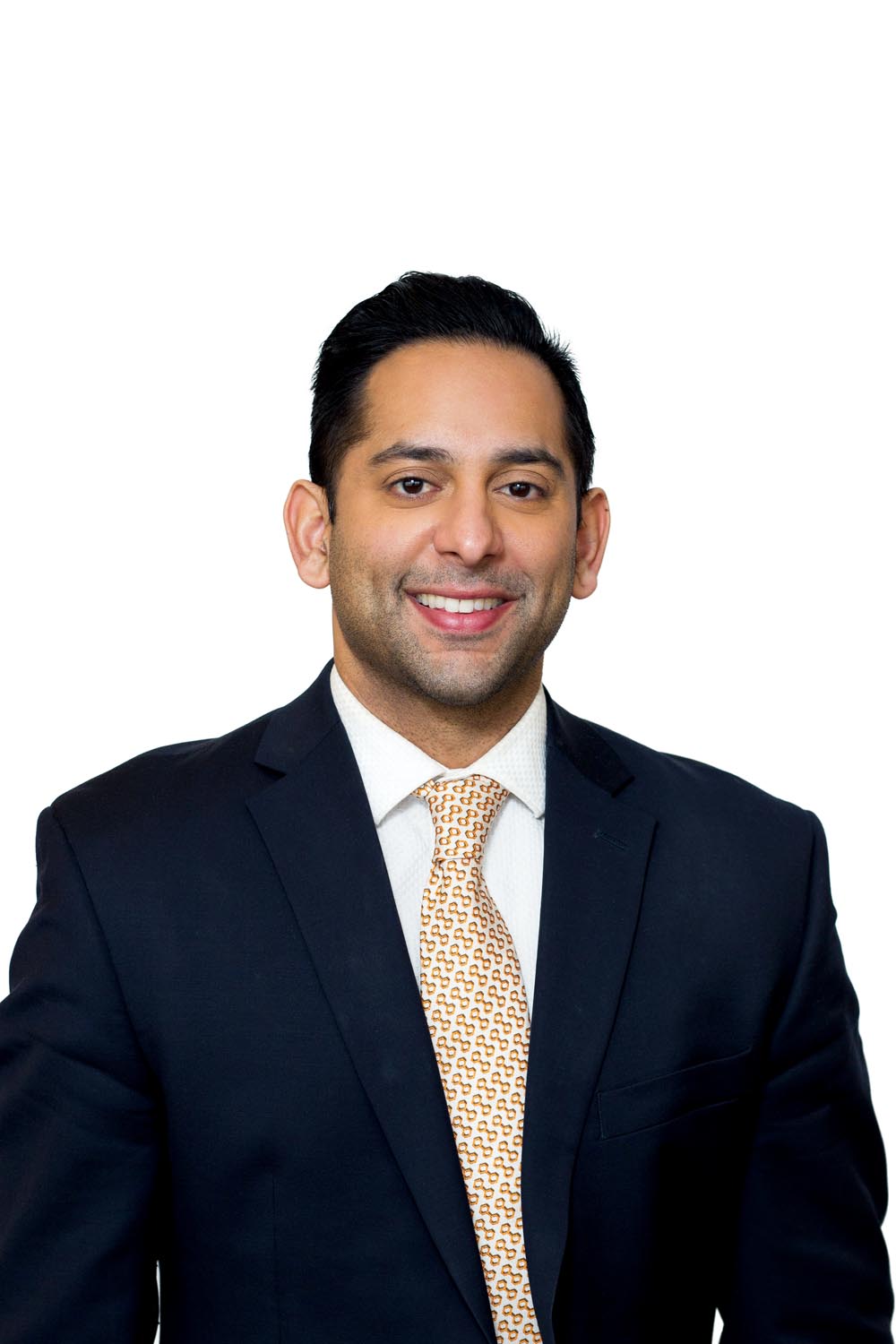New legislation in Ontario that obligates employers to disclose how they conduct electronic surveillance of their employees is a step in the right direction, but still does not go far enough toward enhancing privacy rights for individuals, experts say.
On Tuesday, all provincially regulated employers with 25 or more workers will have to have a written policy on how they monitor their employees, and how they might be using information gathered from the workplace surveillance. The policy has to be shared with current and new employees. As well, any time an employer introduces new software or tools to track a worker without their knowledge, that information has to be shared with employees.
“The legislation spells out quite clearly what employers need to disclose to employees. But it really stops short of actually enhancing employee rights,” said Teresa Scassa, a professor of law at the University of Ottawa whose research focuses on privacy law and data governance.
Unlike Alberta, British Columbia and Quebec, Ontario does not have its own privacy legislation that gives employees the legal means to challenge employers on data they have collected. Most private-sector Ontario businesses and federally regulated entities, such as banks and airlines, are subject to the Personal Information Protection and Electronic Documents Act. But experts including Dr. Scassa have long argued that PIPEDA is outdated in the era of big data and artificial intelligence.
A report prepared by the Information and Privacy Commissioner of Ontario in 2020, in light of the pandemic and the rapid growth of remote work, called for Ontario to develop its own privacy legislation framework that addressed the burgeoning phenomenon of electronic surveillance in the workplace, and called PIPEDA a framework that was “ill-suited to the current context.”
“There are serious gaps in Ontario’s privacy law framework. But instead of addressing those gaps, the province decided to introduce this transparency requirement in the Employment Standards Act,” Dr. Scassa said.
“You can complain if the policy is not produced, but you cannot do anything about the fact that information is being collected and if it is used against you,” she added.
The Ontario legislation was tabled by the Ford government in early 2022, as part of Bill 88, the Working for Workers Act, a series of labour reforms that also included laws that gave employees the right to disconnect from work and banned the use of non-compete clauses in job contracts. At the time, Monte McNaughton, the Minister of Labour, Immigration, Training and Skills Development, said the rise in remote and hybrid work arrangements had compelled his department to introduce the legislation.
“Whether you are a delivery person being followed by GPS, a construction worker using a company phone, or an office worker logging in from home, you deserve to know if and how you are being tracked,” the minister said at the time.
Adam Kardash, a leading privacy lawyer at the Bay Street law firm Osler, Hoskin and Harcourt LLP believes that the new law is helpful in that it will improve disclosure of those provincially-regulated employers in Ontario that currently do not tell their employees how they are being monitored.
“In my experience, most larger enterprises, with more mature human resources divisions already disclose that electronic monitoring that takes place,” he told the Globe. “Fundamentally, you want to create trust between employers and employees. And a key feature of a trust relationship is being transparent about an organization’s personal information practices”.
The legislation spells out what precisely an employer will have to disclose to an employee. For example, a business will have to tell a worker if it uses GPS to track the movement of the employee’s delivery vehicle, or if it tracks what websites employees visit on their work devices during work hours. Employers will also have to disclose if they are monitoring e-mails and chats on devices they issue employees – if information is collected from those e-mails and chats, the employers will have to tell the employee when and how it is being used.
“I think this is going to be pretty eye-opening for a lot of employees,” said Sundeep Gokhale, an employment lawyer with the Toronto-based law firm Sherrard Kuzz LLP. “Good employers will not have anything to be worried about. But for some employers, this could turn into a bit of a public relations nightmare.”
There is very limited data on the extent to which employees are electronically surveilled by their employers, but the adoption of tracking tools has increased in most countries during the pandemic, according to Lane Severson, an analyst and researcher with global tech consulting firm Gartner Inc. “We definitely got a surge of inquiries from clients when the world shifted to remote work, asking what software they can use to prove their employees are doing the work they say they are doing.”
A study conducted in early 2022 by software vendor Capterra suggested that 35 per cent of Canadian employees work for a company that uses at least one monitoring tool that the employees are aware of. Eighteen per cent of employees were not sure if their employer was even tracking them.
Mr. Severson notes that there is software on the market that is particularly intrusive, such as Clever Control, a tool that can activate an employee’s webcam and microphone without their knowledge. A global poll conducted by Gartner of 10,000 – odd participants of all ages at the end of 2020 showed a majority of employees were uncomfortable with most forms of monitoring, including employers tracking e-mails and internal chats.
Dr. Scassa at the University of Ottawa said one additional step the Ontario government could take as part of the electronic monitoring legislation is to allow the Information and Privacy Commissioner to access all employer workplace surveillance policies.
“If there is going to be transparency, let’s at least have a regulator get a sense of the extent to which employees are monitored, so that we can move toward crafting more specific privacy legislation.”
